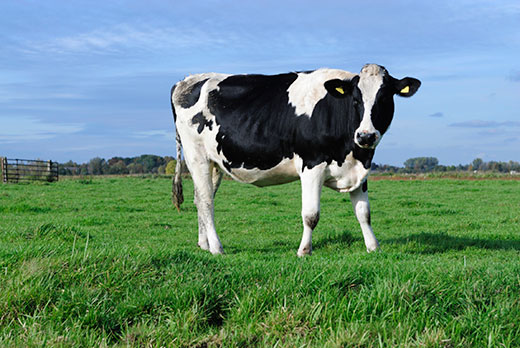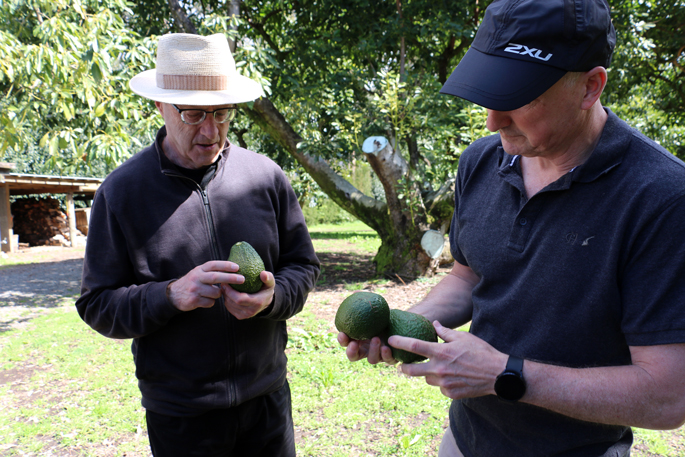Paying farmers to reduce their impact on the environment is working overseas, but ’cash for conservation’ schemes are too often undercut by massive government subsidies to boost agricultural production, argue authors of new research.
In an article published in the journal PLOS Biology, researchers from Cambridge University and Landcare Research examine the balance between incentive schemes for farmers to protect the environment and government subsidies intended to boost agricultural production.
New Zealand farmers receive one of the lowest levels of government support in the developed world for either production or conservation, essentially "abandoning the agricultural sector to market forces" the article states. It goes on to argue that this "laissez-faire approach to the agricultural sector does little to safeguard the environment." An accompanying media release from Cambridge University highlights the case of New Zealand as a country "where there are no subsidies or mitigation schemes, and much of the country has been transformed into a massive dairy farm for China as a result." Dr Marie Brown, Senior Policy Analyst, Environmental Defence Society, says: "The article contains some valuable lessons for New Zealand, and indeed references it specifically, as an example of an agricultural economy with a commodity focus, that has failed to adhere to environmental bottom lines. "Such bottom lines are not negotiable: nature decides where they are. We choose how to address them. An urgent course-correction is necessary to maintain a resilient economy and the authors outline a range of ideas that would contribute to that. "The future of our agricultural industry will depend on solutions that navigate past pitting economic growth and environmental protection against one another and align those often divergent interests.” Dr Ann Brower, Senior lecturer, Department of Environmental Management, Lincoln University, adds: "If there are to be subsidies, it is certainly better to subsidise and encourage good environmental practice than bad, as they say. "I would not call New Zealand’s environmental or agricultural policy "laissez-faire" as that’s quite a loaded term. I think it is fair to call NZ "lightly regulated", by international standards. "And it’s fair to say that the ill-defined and ambiguous terms in the RMA, like "significance", lead to outcomes that might appear the result of laissez-faire. But I would not call the NZ environmental regulatory framework laissez-faire.” Dr Suzi Kerr, Senior Fellow, Motu Economic and Public Policy Research, adds: "Yes, New Zealand largely uses regulation to control environmental effects. This is not inherently bad. It’s how we (and most countries) manage environmental impacts in all sectors. "In many places expressed public concern suggests we don’t have the balance between local economic benefits and local environmental impacts right. That means we need to have stronger and better designed regulations. "That doesn’t necessarily involve any subsidies to farmers, though in some cases carefully targeted payments for specific actions could be part of the tool set used by regional councils."







0 Comments
Leave a Comment